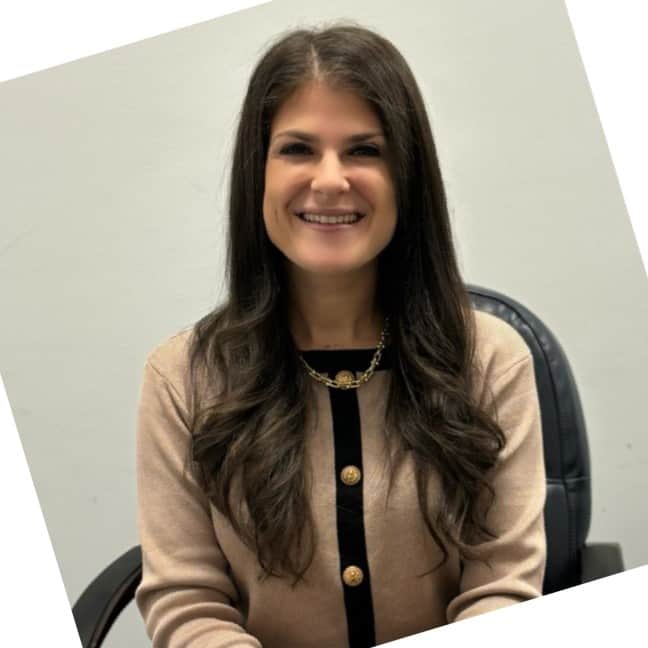Facts About Obsessive-Compulsive Disorder
People may worry or keep thinking about a problem or stressful topic they need to sort out. And many people have thoughts they wish they didn’t from time to time. Meanwhile, most of us have checked a door more than once to make sure it’s locked before leaving the house. But when those problems and behaviors keep happening over and over again, despite efforts to stop them, it can be a sign of obsessive-compulsive disorder, or OCD.
With 2.3 percent of adults in the United States meeting the diagnostic criteria for OCD, the condition is fairly common. Obsessive-compulsive disorder can be the result of genetics, serotonin abnormalities, severe stress or a combination of all of them. OCD symptoms usually develop during adolescence or early adulthood, though it’s possible for it to occur at any age. Many people suffering from OCD are ashamed of their obsessive thoughts and compulsive behavior, and attempt to hide them from the people they love.
We’ve Helped Thousands of Individuals Overcome Drug and Alcohol Addiction
Signs And Symptoms Of Obsessive-Compulsive Disorder
Obsessive-compulsive disorder can involve thoughts that persist, even when they’re unwanted. For example, people with OCD may have a powerful need for order or for their environment to be arranged a certain way. Another common symptom of OCD is a powerful fear of infection or germs, which can lead to aggressive hand-washing and other compulsive behaviors.
Other people with OCD have persistent, unwanted thoughts about hurting other people or themselves. Or they may be troubled by obsessive thoughts about taboo topics like as incest or blasphemy.
Compulsions are obsessions that are translated into action, and are just as hard to control. People with obsessive-compulsive disorder may find it necessary to relieve a strong sense of tension by repeating actions. Several common compulsions include repetitive counting of items or placing items in a specific order; repeated checking, such as locking the door or turning off the stove; cleaning or washing obsessively.
Obsessive-compulsive disorder is distressing and exhausting, so it’s not surprising that people with this condition often turn to substances to manage their symptoms. While alcohol and drugs can provide temporary relief, they can lead to withdrawal symptoms that can actually make OCD worse.
Recovery Starts at Our Drug and Alcohol Rehab by Requesting a Call
"*" indicates required fields
Treating Obsessive-Compulsive Disorder
At Right Path Rehab, our behavioral health and clinical teams use a holistic, person-centered approach to treating obsessive-compulsive disorder, as well as addiction rehab and other co-occurring mental health conditions. This usually includes a combination of therapy, medication and wellness. For instance, therapeutic approaches like cognitive behavioral therapy and dialectical behavior therapy are especially useful in alleviating the sense of tension that’s behind obsessions and compulsions. Also, antidepressants have demonstrated success in treating OCD as well. Along the way, you’ll find Right Path Rehab’s wellness curriculum a valuable source of mindfulness and relaxation, which can go far in counteracting the symptoms of OCD.

Insurance Can Cover up to 100% of The Costs of Addiction Treatment and Mental Health Care
Did you know that insurance can cover up to 100% of the costs of addiction treatment and mental health care? Our addiction treatment center accepts most insurance plans. For a free insurance benefits check complete our confidential insurance verification form by clicking the link below.













